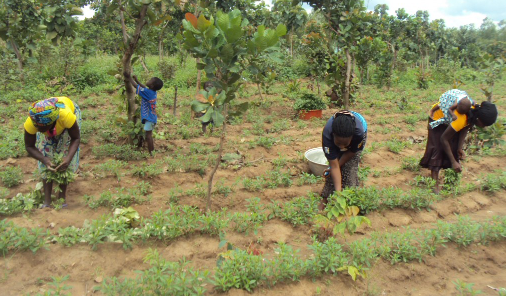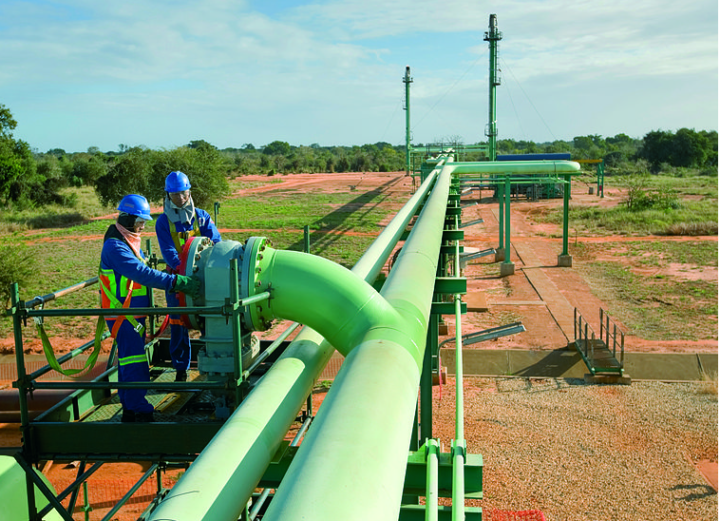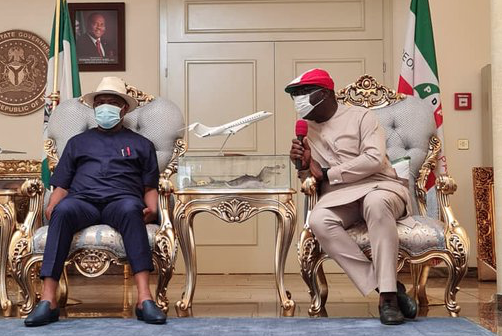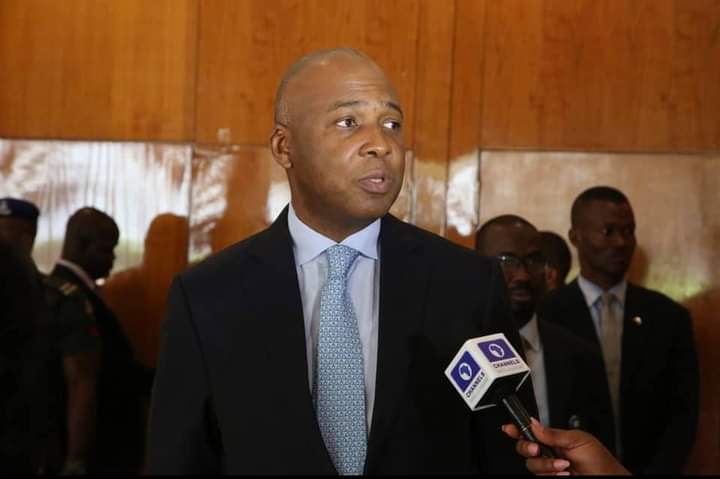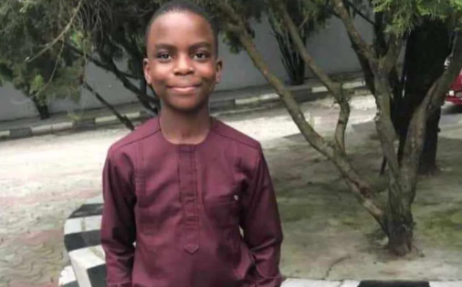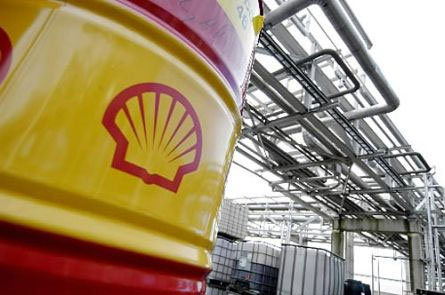Despite directly impacting our communities, health and livelihood, climate-related reports usually take a back seat to dominant news beats like politics and business. Climate Watch aims to ensure you never miss important stories on climate change and actions being taken towards limiting its impact.
Here is a round-up of last week’s climate stories:
- The hydrocarbon pollution remediation project (HYPREP) got a new project coordinator last week as President Muhammadu Buhari approved the appointment of Ferdinand Dumbari, a lecturer at the University of Port Harcourt, as the project coordinator. Dumbari is said to have experience in the evaluation of natural attenuation processes and effective remediation technologies for different scenarios involving contaminants such as petroleum hydrocarbons. Read more here.
- Sharon Ikeazor, minister of state for environment, said Nigeria’s energy transition plan will create up to 840,000 job opportunities. She said through strategic investments and partnerships, Nigeria intends to translate its plans and strategies into implementation ahead of the COP27 climate change conference taking place in Africa in 2022. Find out more here.
Advertisement
- In another development, Ikeazor, said the federal government will support the Pan African Agency of the Great Green Wall (PAGGW), by providing it with a great green integrator programme and financial instruments. She said through Nigeria’s leadership of PAGGW, President Muhammadu Buhari aims to provide “purposeful leadership” towards addressing climate change issues in Africa.
- In commemoration of the International Women’s Day, Valerie Guarnieri, the assistant executive director of the UN World Food Programme (WFP), said women and girls are the hardest hit by climate shocks and food insecurity, despite being the bedrock of food security. She added that a sustainable future is only possible when women and girls have what they need to adapt to the changing climate. To help tackle the challenges, the WFP, UN Women and the Food and Agriculture Organisation (FAO) are working to implement a resilience development and livelihoods project funded by the European Union (EU) in Nigeria, especially for female-headed households.
- Rotimi Akeredolu, governor of Ondo, said the future for Nigeria is clean and affordable energy that will drive growth of businesses and ensure reduction of carbon emissions. Akeredolu, who spoke at the inauguration of Nexgen Energy Hub in Ibadan, said the hub will deliver clean energy solutions, while leaving lasting economic, social and environmental benefits. He added that a policy shift in Nigeria would make access to small scale and off-grid electricity increasingly available to Nigerians in market places, universities and businesses premises
Advertisement
Add a comment
